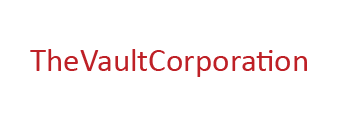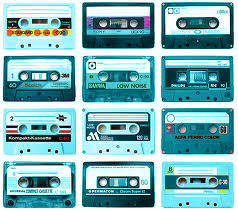 Still listening to the Bee Gees?
Still listening to the Bee Gees?
Tape technology, although it offers advantages, is becoming as out-of-date for backing-up up data as reel-to-reel, cassette players and videotapes are for entertainment. No one listens to the Bee Gees on their walkmans anymore. Many small and medium businesses are now moving away from tape technology to disk or to cloud technology.
Jokes aside, tapes do offer resilience, dependability, and durability. Tapes last for decades and have a much longer shelf life than other media. They are not prone to power surges,
What about disk-based archiving?
A better alternative than tape is disk-based archiving and backup. A fast tape backup cannot even compete with a slow disk-based system for recovery times. However, disks are now a lot more affordable and more versatile than tapes, they are not more reliable. The average disk lifespan is around five years so businesses must be ready for their failure.
Time to move to the cloud?
If you are wondering whether it is time to move to cloud backups you are probably well over the Bee Gees and thinking about what is next. Experts are suggesting that the majority of businesses will be using cloud-based data archiving services within three years. More than 50 percent of businesses have already stopped using tape.
What is best for disaster recovery?
With disk backups you can restore files in minutes, which you can’t do with a tape backup. Tapes may be good for archiving but they are not good for restoring a business after disaster. Tape backups are also difficult for organisations generating a large amount of data on a hourly basis.
As the cloud is becoming more established as a backup and archival medium companies can outsource their archiving, backups and recovery management to specialised providers. Paying a monthly fee to a third-party to provide data storage and backups is far preferable than having to manage your storage and backups onsite manually.


